Last November, Robert F. Kennedy Jr. said that, as secretary of health and human services, he would not “take away anybody’s vaccines.” If you believed him, you were duped.
The longtime anti-vaccine crusader remains intent on vilifying lifesaving immunizations and promoting the lie that the shots cause autism and all manner of other conditions. Maybe it’s his long history of profiting off vaccine controversy, his convoluted distrust of germ theory, or a eugenicist ideology. But whatever his motivation, four months into Kennedy’s term leading the federal department that oversees the CDC, NIH, and FDA, he has made several policy changes, proclamations, and decisions that directly imperil Americans’ ability to access and afford routine vaccinations.
Most recently, in accordance with the larger trend of Donald Trump’s administration axing experienced, well-vetted advisors in favor of unqualified sycophants, Kennedy fired 17 people from the federal committee responsible for making vaccine recommendations. He replaced them almost entirely with close associates that echo his scientifically dubious and medically dangerous beliefs, or with those who seem to lack the relevant knowledge for the role. “Today, we are taking a bold step in restoring public trust by totally reconstituting the Advisory Committee for Immunization Practices (ACIP). A clean sweep is necessary to reestablish public confidence in vaccine science,” he wrote on X — while acting to undermine medical experts’ trust in federal health agencies.
Physicians, epidemiologists, and public health advocates are disturbed by what’s unfolded so far and fear what’s yet to come. Some patients seeking covid vaccinations have now reportedly been turned away, mobile vaccine clinics are being forced to restrict or end operations, and research that could have cured cancer and prevented HIV infections has lost its funding, setting science back decades. Moving forward, it’s unclear if routine childhood vaccinations will remain free to families, if pharma companies will continue to invest in vaccine development in the face of expensive new requirements, and if vaccination will remain a viable choice for many.
“You go to a pediatrician’s office, you get four shots, you’re going to get hit with an $800 or $1,000 bill.”
When Kennedy gutted the ACIP, the group of independent, unpaid experts tasked with making vaccine recommendations to the CDC, on June 9th, he claimed he was doing so because of “conflicts of interest” among the members. The committee has existed since 1964 and has never before been considered explicitly partisan, explains Sean O’Leary, a professor of pediatrics and infectious disease at the University of Colorado. “These are not political appointees,” he says. It is entirely “unprecedented,” a word O’Leary used repeatedly, that a new administration would fire all voting committee members.
Kennedy announced eight new ACIP members to replace the 17 who were fired just two days later, in another post on X. In every prior case, ACIP appointees have been nominated and evaluated in a transparent, rigorous process over the course of months and often years, says Jennifer Nuzzo, an epidemiologist and director of the Pandemic Center at Brown University. The 17 terminated members were initially selected for ACIP because of their qualifications and lack of compromising conflicts, she says. Kennedy’s new appointments weren’t. At least half of the new ACIP appointees are outspoken in their controversial or outright anti-vax views.
ACIP’s decisions directly determine insurance and Medicaid coverage for vaccines. If this new group were to change federal immunization recommendations, then those shots could go from free to prohibitively expensive. Without proper federal support, many doctors’ offices might stop carrying certain vaccines altogether. In Kennedy’s announcement of his committee picks, he wrote that the group “will review safety and efficacy data for the current schedule,” signaling a major revision is to come.
The appointees include Vicky Pebsworth, a nurse who sits on the board of the National Vaccine Information Center (NVIC), a group with a long history of advocating against vaccine requirements in schools. NVIC is also known for promoting conspiracy theories and spreading misinformation about vaccine risk, for instance, by presenting raw data from the Vaccine Adverse Event Reporting System without noting that these stats are unverified and that many initially reported injuries and issues are not legitimately related to immunization.
There’s also Robert Malone, previously an mRNA vaccine researcher and now a health influencer with a Substack who makes regular appearances on conservative talk shows, where he promotes claims like covid vaccines cause AIDS and lies about measles deaths. Then there’s Martin Kulldorff, who has railed against childhood covid shots and co-authored the Great Barrington Declaration in October 2020, which called for a “herd immunity” approach to covid, eschewing preventative measures. The declaration was roundly rejected as dangerous by dozens of epidemiologists. Both Malone and Kulldorff have served as paid expert witnesses against drugmaker Merck in vaccine-related trials.
Retsef Levi, an operations management professor at MIT, is also among those appointed. He has no direct science or medical background, and has claimed — against scientific evidence — that mRNA shots are unsafe and ineffective. Two of the remaining appointees include an emergency room doctor and a psychiatrist and neuroscientist who studies the health impacts of dietary fat intake. Neither seems to have much experience in epidemiology, vaccine science, or infectious disease policy.
“You could think about it like taking the National Transportation Safety Board or even air traffic controllers, firing all of them, and replacing them with people who don’t really know what they’re doing, who don’t really believe in flying airplanes,” says O’Leary.
The changeover “meets my worst expectations,” says Paul Offit, a vaccine scientist, virologist, and professor of pediatrics at the Children’s Hospital of Philadelphia. “ACIP has now taken a giant step backward.” Just one of the appointees appears fit to serve, in Offit’s view: Cody Meissner, a Dartmouth pediatrics professor who has been an ACIP member before. Yet, even in his prior time on ACIP, Meissner had a tendency to go against the grain and to promote fewer infectious disease interventions. He endorsed the Great Barrington Declaration and voted against covid vaccinations for children, notes Offit.
“My biggest fear is that what this is really about is preventing Americans from getting the vaccines they want,” says Nuzzo.
Immunizations recommended by ACIP, through the CDC childhood or adult vaccine schedules, are required to be fully covered by private insurers, as mandated by language in the 2010 Affordable Care Act. The Vaccines for Children (VCF) program, which covers the cost of immunizations for children who are uninsured, underinsured, Medicaid-eligible, or Native American, also bases its coverage on ACIP recommendations. Over half of all American children qualify for the VFC program.
If ACIP were to remove vaccines from the schedule, it’s very possible payers (including the VCF program) would stop covering them, all sources told The Verge. “Those recommendations determine who gets access to vaccines,” Nuzzo explains. A single vaccine dose can cost well over $100, and then there’s service fees and costs for storage. “You go to a pediatrician’s office, you get four shots, you’re going to get hit with an $800 or $1,000 bill,” says Ashish Jha, a physician and dean of public health at Brown University and former White House covid-19 response coordinator under Joe Biden. “Before we had certainty” routine immunizations would be free, says Jha. “Now we don’t.” If families can’t shell out, children will go unvaccinated. Some will get sick. Some will make others sick. Some will be disabled. Some killed. We could reenter a time where hospitals have to dedicate entire wings to polio wards.
“My fear, and I don’t say this lightly — it’s devastating — is that this is going to cost lives. Children are going to suffer,” says O’Leary. Measles outbreaks corresponding to locally low vaccination rates are “just the canary in the coal mine,” he notes, because measles is especially contagious. Other diseases that are less easily spread but more often fatal, like whooping cough, diphtheria, and pneumococcal infections, would resurge too if vaccination rates fell.
“There’s much more to come.”
Before the ACIP upheaval, Kennedy had already made it clear he wasn’t going to let science get in the way of HHS decision-making. At the end of May, he unilaterally altered CDC vaccination schedules without consulting ACIP at all, and in direct contradiction to the CDC’s own research. He axed the existing recommendation that pregnant people receive covid-19 shots and also proclaimed that the vaccine was no longer recommended for children. In a slightly defiant move, the CDC kept the covid shot on the childhood immunization schedule, but shifted it from a clear recommendation to a decision to be made via “shared clinical decision making.” Yet even that small change left insurer and VFC program coverage for kids up in the air, O’Leary says. And pregnant people are facing new difficulties as they attempt to get vaccinated, says Richard Hughes IV, an attorney and vaccine law instructor at George Washington University. “I’ve already heard of confusion in the pharmacy setting over whether a pregnant person can or cannot access vaccines … and of a patient being turned away,” he tells The Verge.
Also in May, Kennedy announced that placebo-controlled clinical trials would be required for “all new vaccines,” including routinely updated shots like the covid immunization and potentially even the seasonal flu shot. But mandating annual placebo trials would be impractical, costing tens of millions of additional dollars from manufacturers every year, Hughes says. “It could discourage smaller manufacturers from making those investments,” meaning less effective, or simply far fewer, vaccines available in the future.
Plus, it’s roundly considered unethical to conduct a placebo trial for an intervention that is known to be safe and relatively effective in protecting against a dangerous illness. “You can’t knowingly give [a] placebo to somebody when you have a vaccine that works,” Offit says. “I can’t imagine any institutional review board would ever allow that to go through,” he adds. Just after the announcement, Moderna withdrew its application for a combined flu and covid vaccine. Separately, HHS has canceled its own existing contracts, including with Moderna for the development of a new bird flu vaccine, leaving us less prepared for the next possible pandemic.
In the background, massive funding cuts implemented with no notice (most notably, the early termination of $11.4 billion in pandemic-era grants) and waves of layoffs have left federal, state, and local agencies far less equipped to actually manage, administer, and deliver the public health initiatives they’re supposed to offer — including immunization programs, says Lori Tremmel Freeman, CEO of the National Association of County and City Health Officials (NACCHO).
Her organization is made up of more than 3,300 local health departments across the country, which overall receive about 50 percent of their funds from the federal government. NACCHO has been tracking the effects of funding cuts nationwide. Tremmel shared two spreadsheets with The Verge, each containing over 100 entries, cataloging resource losses at local health agencies and the outcomes. Many departments describe reductions in mobile or school vaccination programs and ending or cutting back on disease contact tracing and monitoring. Some specifically note that their ability to respond to measles outbreaks was hampered. It’s been “an abrupt and chaotic end” to many programs, Freeman says, and she expects it to get worse. “There’s much more to come,” she says. Unable to detect new outbreaks early, track ongoing ones, or provide people with accessible immunizations, disease will spread faster and farther. States can fill some gaps, but not all, and the local agencies tasked with containing illness will struggle to keep up.
Cuts at NIH have additionally left ongoing vaccine research completely unfunded. Scientists are euthanizing lab animals and shutting down projects that have been in progress for years, says Nuzzo. So far, studies that have lost federal support include work to produce an HIV vaccine, cancer vaccine research, and those related to examining public health communication and vaccine hesitancy.
“It’s hard to say which will be more damaging: the destruction of funding for new vaccines or the destruction of funding for public health efforts to get vaccines delivered to patients,” says a recently terminated ACIP member and public health researcher who requested anonymity out of fear of reprisal from the government.
Vaccines are a lifesaving technology that’s shaped modern society. Immunizations prevented 32 million hospitalizations among US children born between 1994 and 2023. They’ve also saved hospitals, governments, and families trillions of dollars over just a couple of decades, according to a 2024 CDC report.
“What we’re seeing is a broader dismantling of the vaccine infrastructure in our country that we have built up over 50 years — really in many ways since the early days of the polio vaccine. We have open, transparent discussions. We have recommendations. We have programs that get vaccines into peoples’ arms. All of that is very quickly being dismantled,” Jha says. “It’s going to take us years to rebuild.”

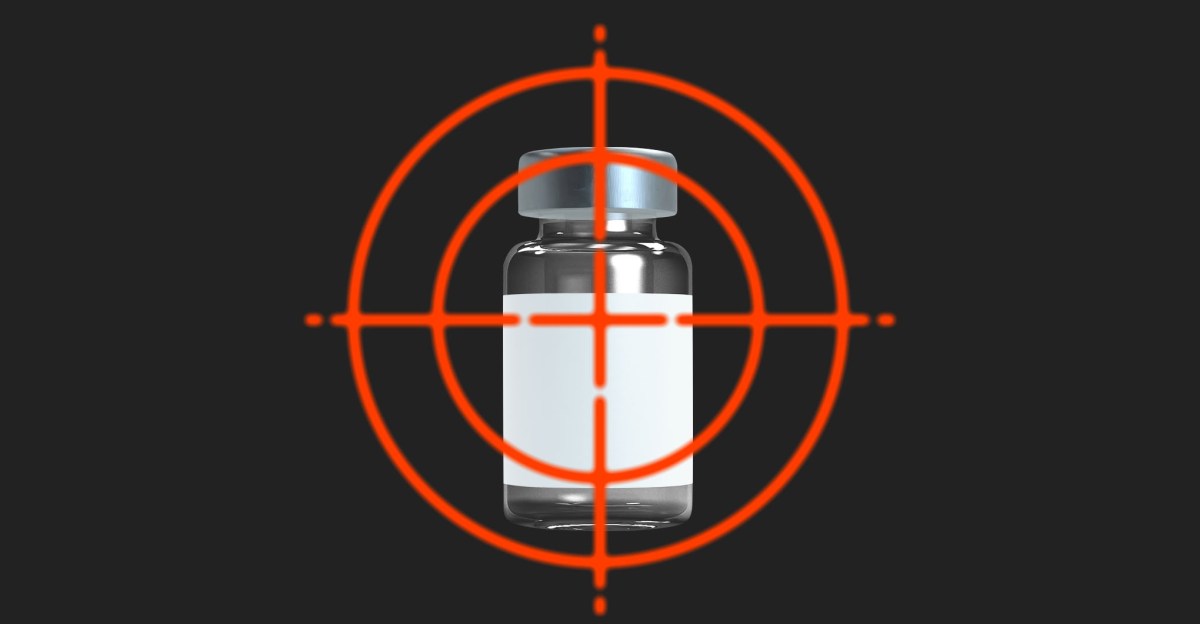

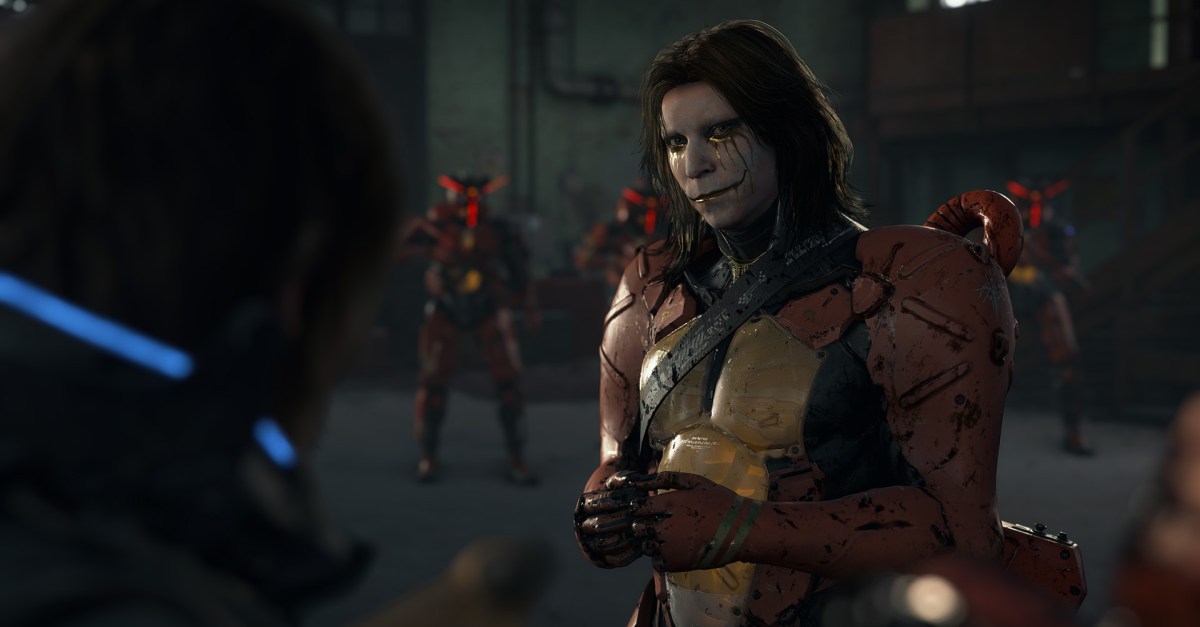
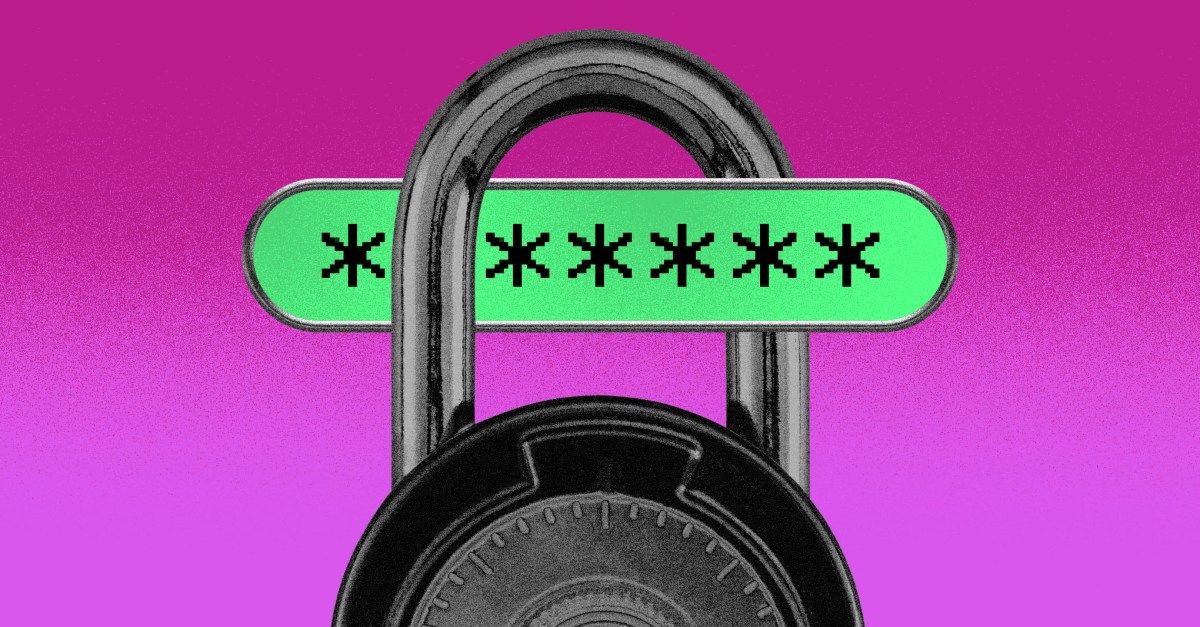


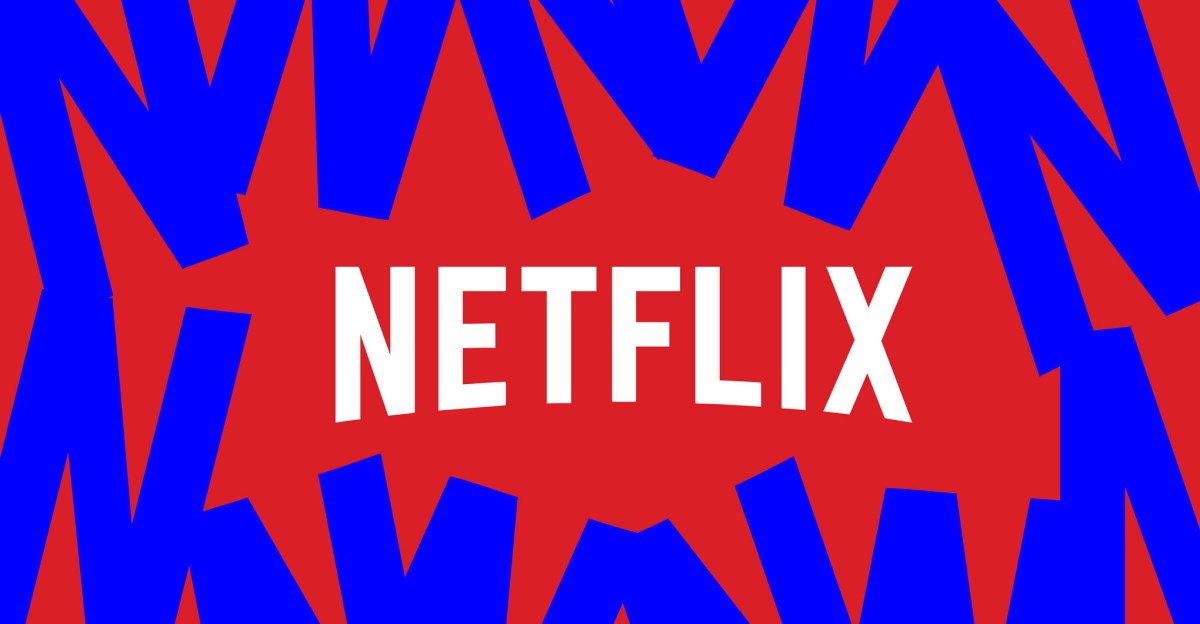
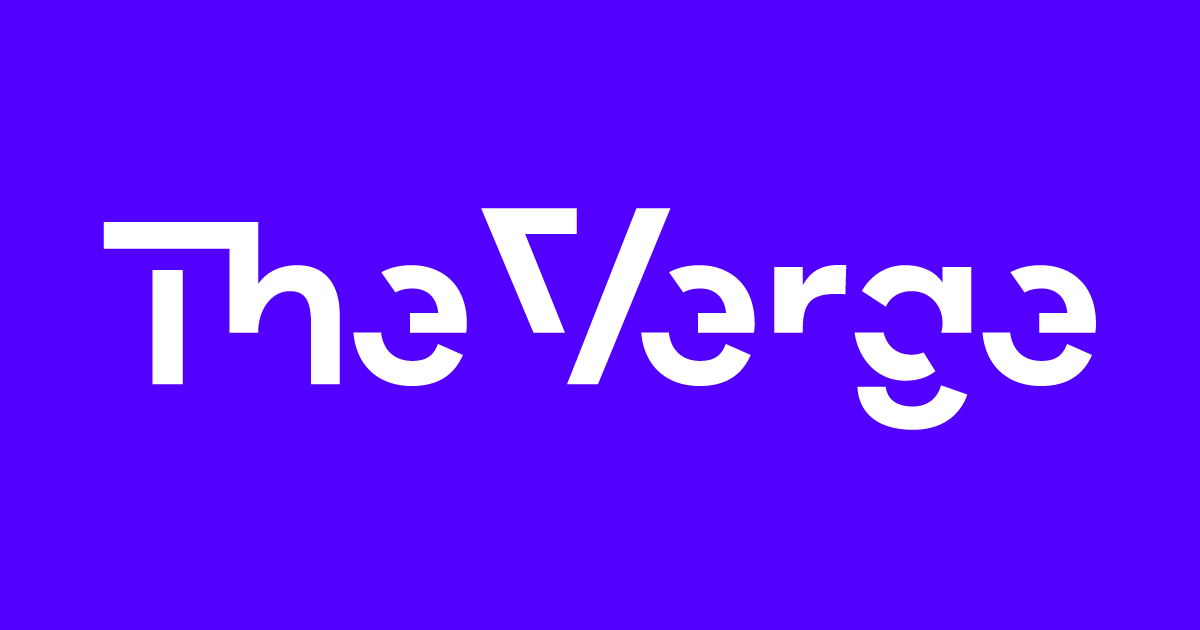
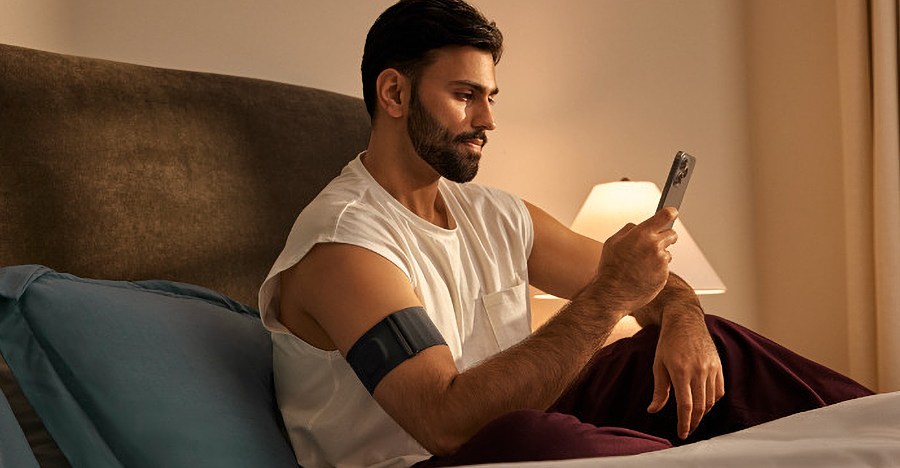


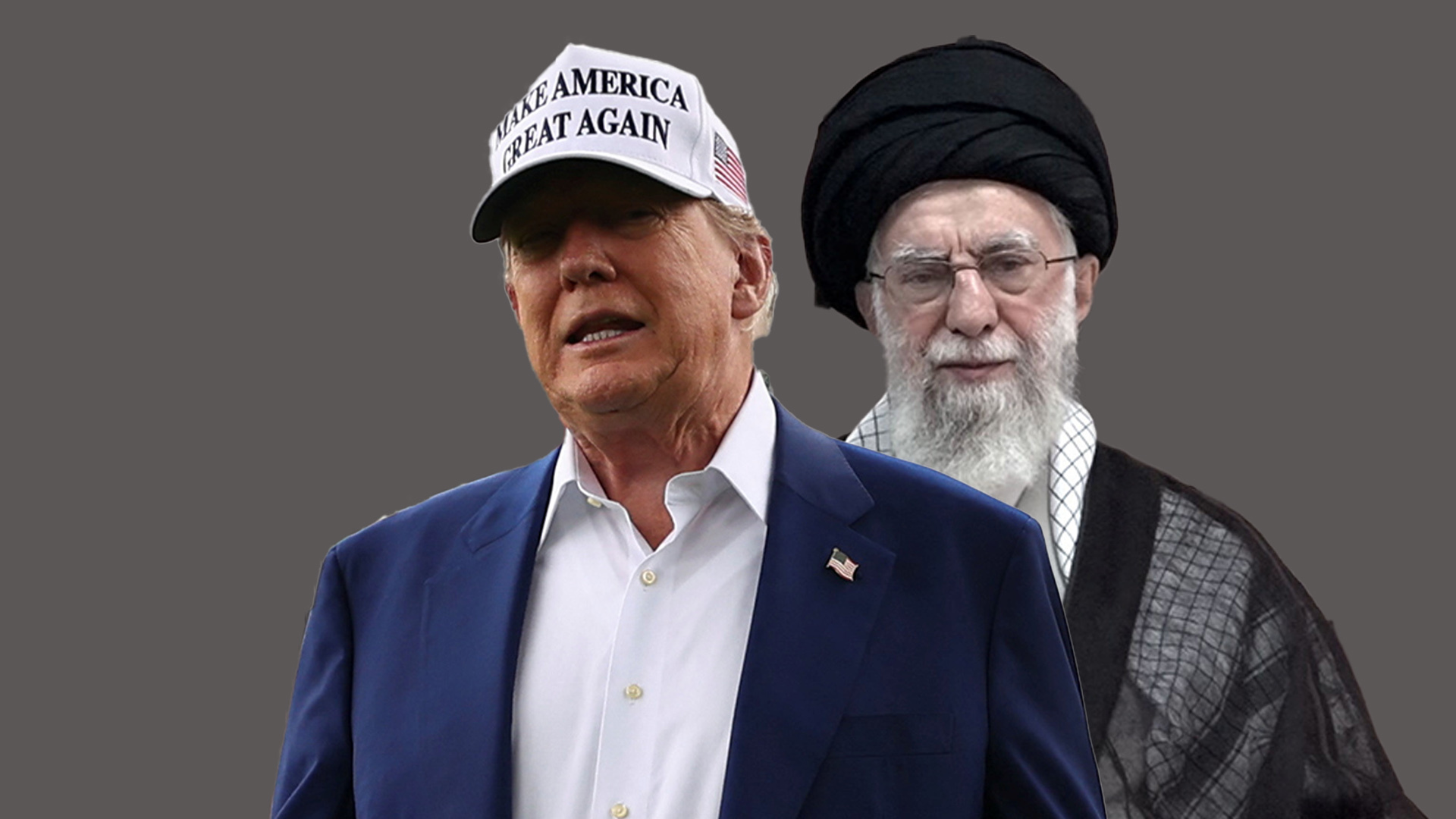


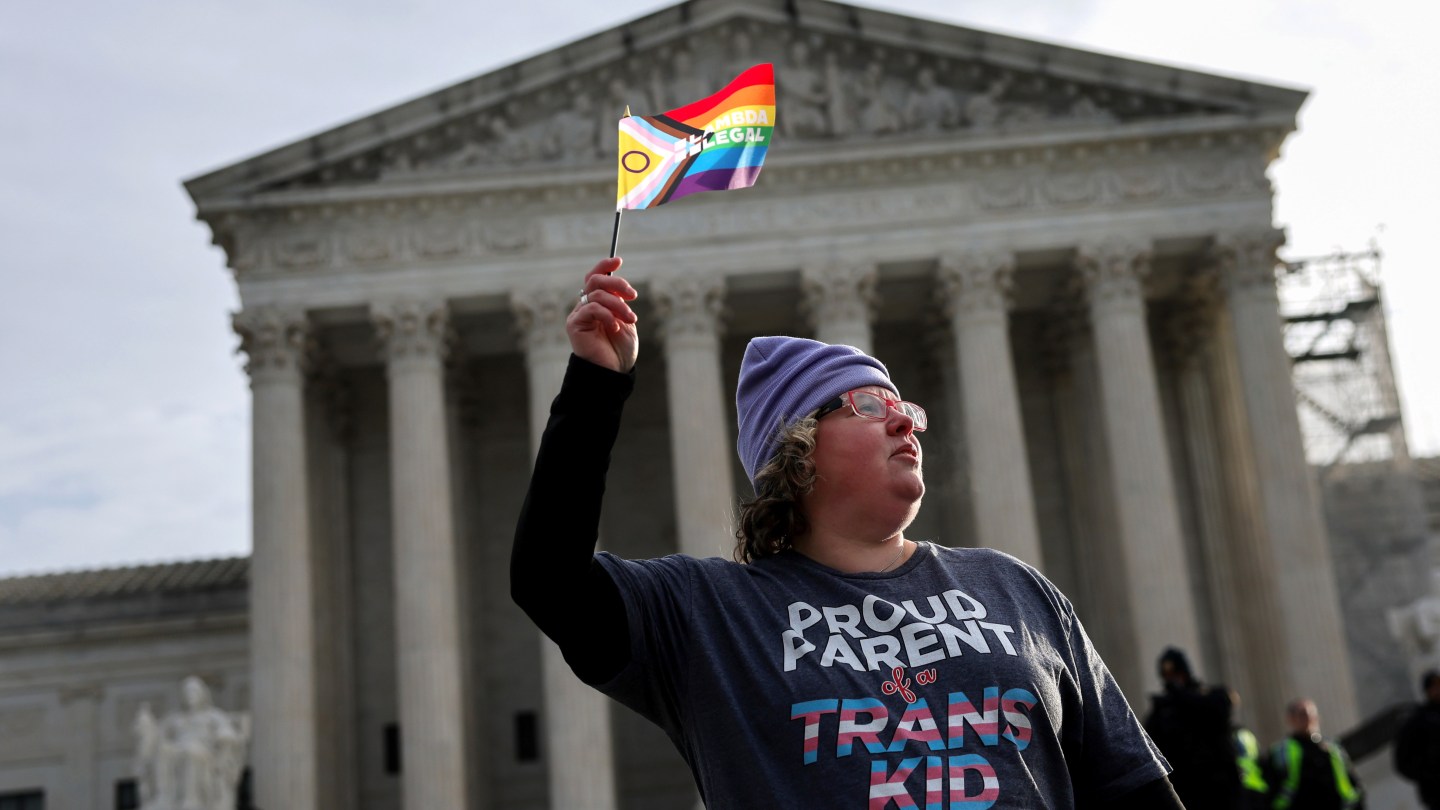
Leave a Reply